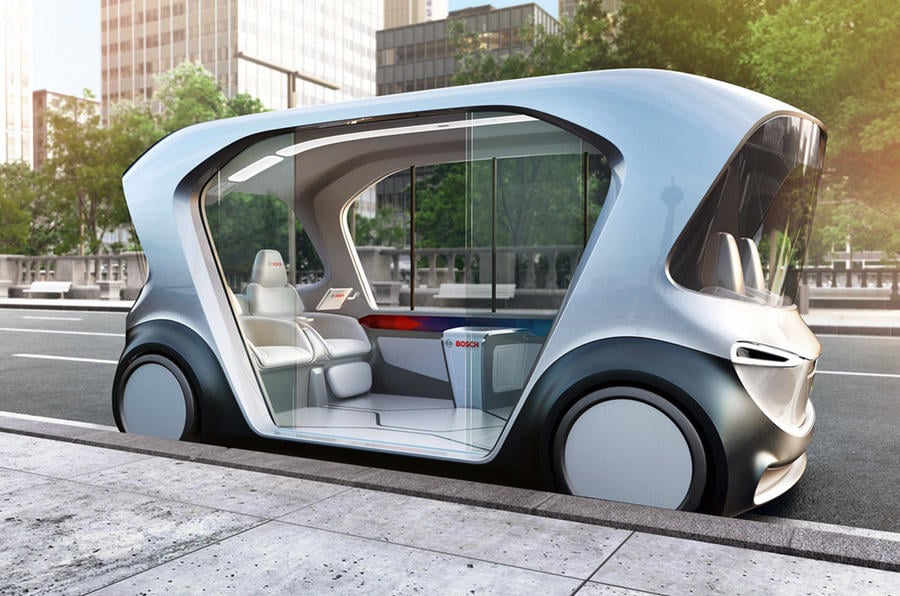The Hyperloop, a high-speed transportation system proposed by Elon Musk, has been a topic of discussion in the transportation industry for several years. The concept involves a system of tubes through which pods travel at high speeds, propelled by a combination of magnetic levitation and air pressure. The idea is to create a mode of transportation that is faster, cheaper, and more sustainable than existing options. But is the Hyperloop really the future of transportation, or is it just a dream?
Advantages of the Hyperloop
One of the main advantages of the Hyperloop is its speed. The proposed system could travel at speeds of up to 760 miles per hour, which is faster than any existing mode of transportation. This would make it possible to travel long distances in a fraction of the time it currently takes. For example, a trip from Los Angeles to San Francisco, which currently takes around six hours by car, could be completed in just 30 minutes.
Another advantage of the Hyperloop is its potential to be more sustainable than existing modes of transportation. The system would be powered by renewable energy sources, such as solar power, and would produce no emissions. This would make it a more environmentally friendly option than cars, planes, or trains.
Challenges of the Hyperloop
Despite its potential advantages, the Hyperloop faces several challenges that could prevent it from becoming a reality. One of the biggest challenges is the cost. Building the system would require a significant investment, and it is unclear whether the benefits would outweigh the costs.
Another challenge is the technical feasibility of the system. The Hyperloop would require a high level of precision and reliability to operate safely, and it is unclear whether the technology currently exists to make this possible.
Finally, there are regulatory and legal challenges to consider. The Hyperloop would require significant changes to existing transportation regulations, and it is unclear whether governments would be willing to make these changes.
Conclusion
In conclusion, the Hyperloop has the potential to revolutionize transportation, but it is still unclear whether it will become a reality. The system faces significant challenges, including cost, technical feasibility, and regulatory hurdles. However, if these challenges can be overcome, the Hyperloop could offer a faster, cheaper, and more sustainable mode of transportation than anything currently available.

